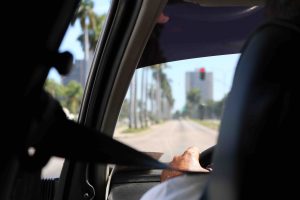DUI Arrests in Chicago and the Risk to Your License
If you’ve been arrested for DUI in Chicago, the loss of your driver’s license is often the first penalty you face—and it can happen before your criminal case even goes to trial. As a Chicago DUI lawyer, I work with clients every day who are shocked to learn their license could be suspended automatically just for being arrested. Whether your case is classified as a misdemeanor or felony, the state has multiple ways of taking your driving privileges, sometimes within days of the arrest.
Under Illinois law, driving under the influence is prosecuted under 625 ILCS 5/11-501, and all DUI charges—misdemeanor or felony—carry the risk of license suspension. Most first and second DUI arrests are Class A misdemeanors, but any aggravating factors, such as driving on a suspended license or causing serious injury, can quickly upgrade the charge to a felony. In either case, the Statutory Summary Suspension (SSS) process kicks in immediately.
 Chicago Criminal Lawyer Blog
Chicago Criminal Lawyer Blog






